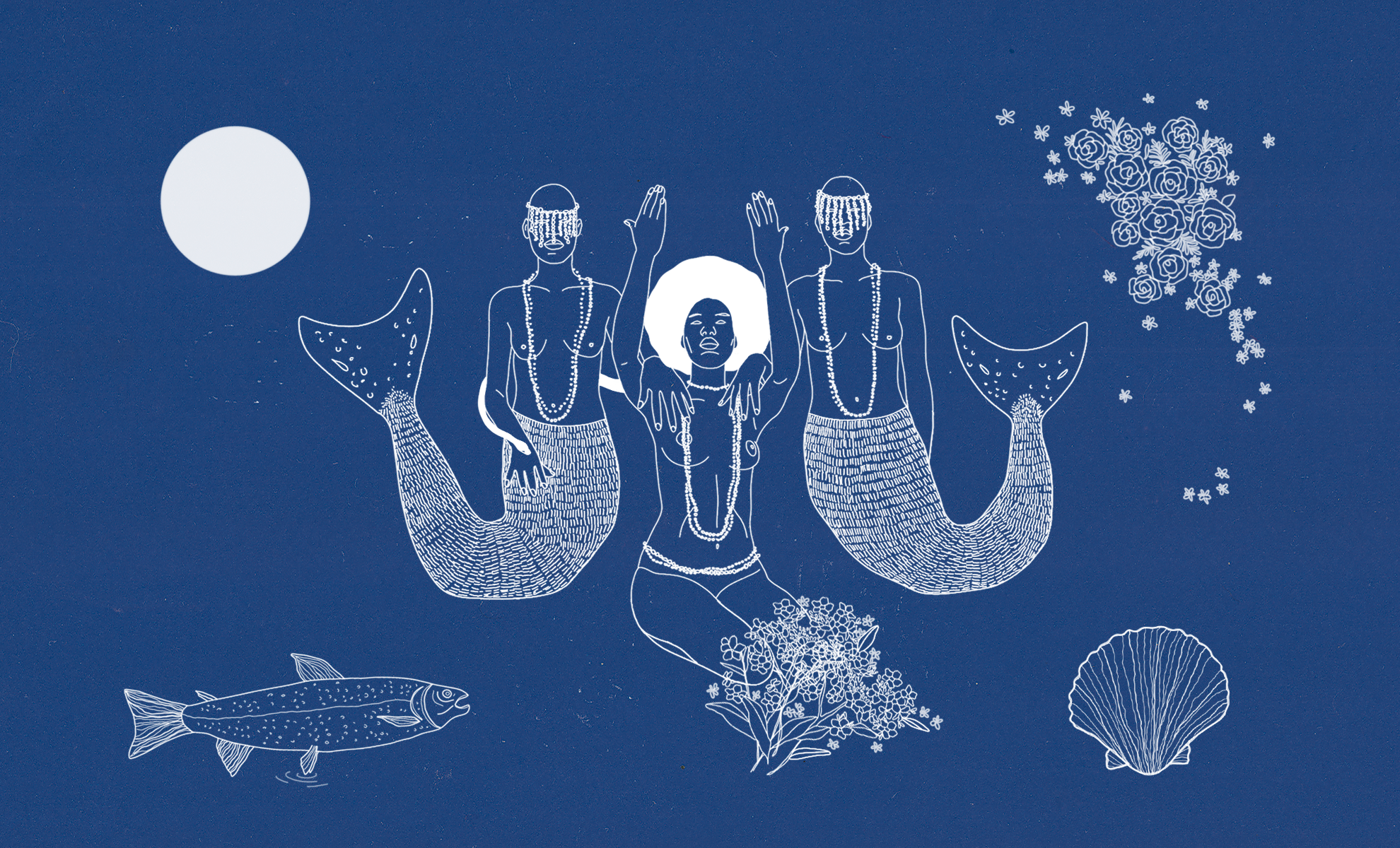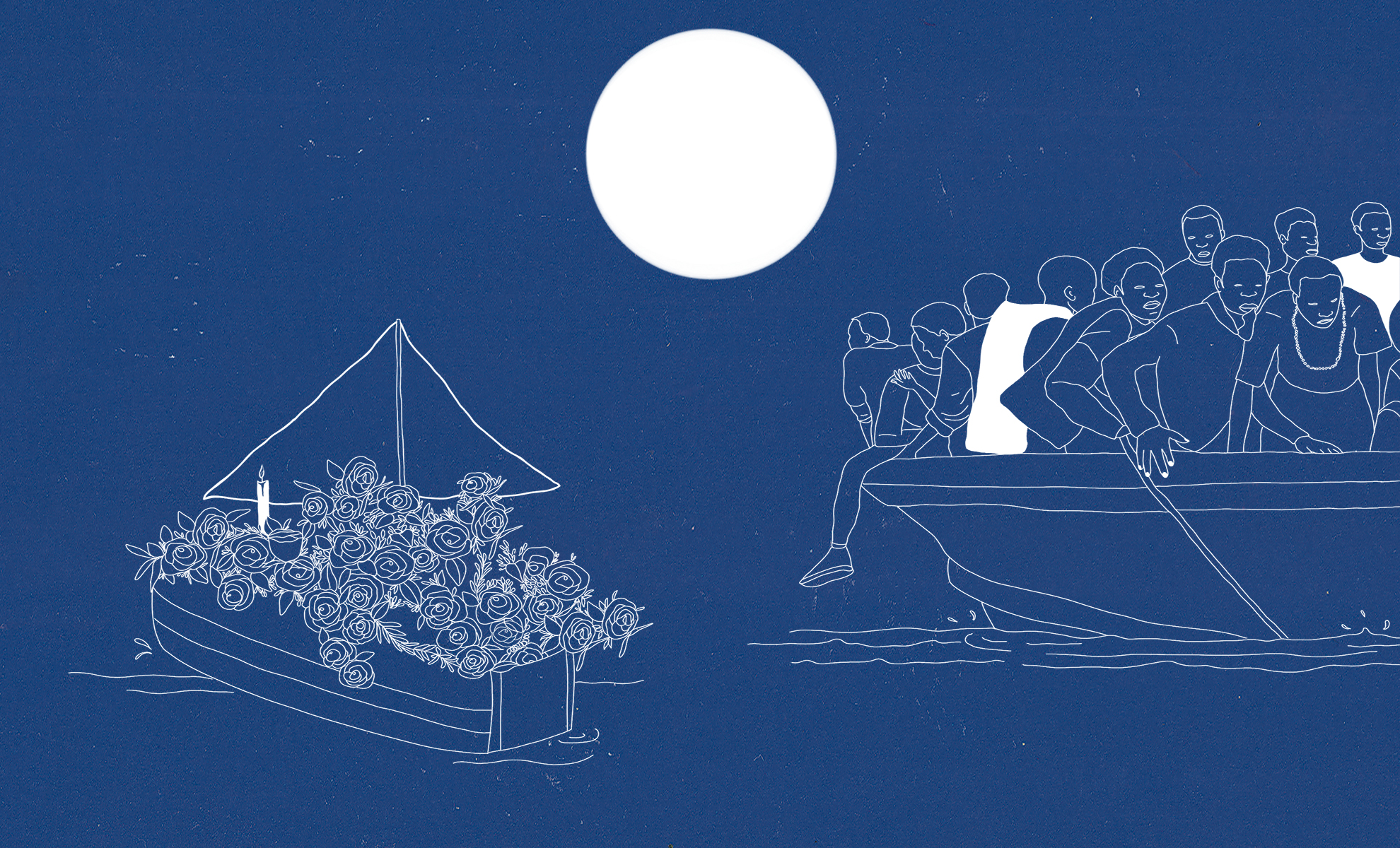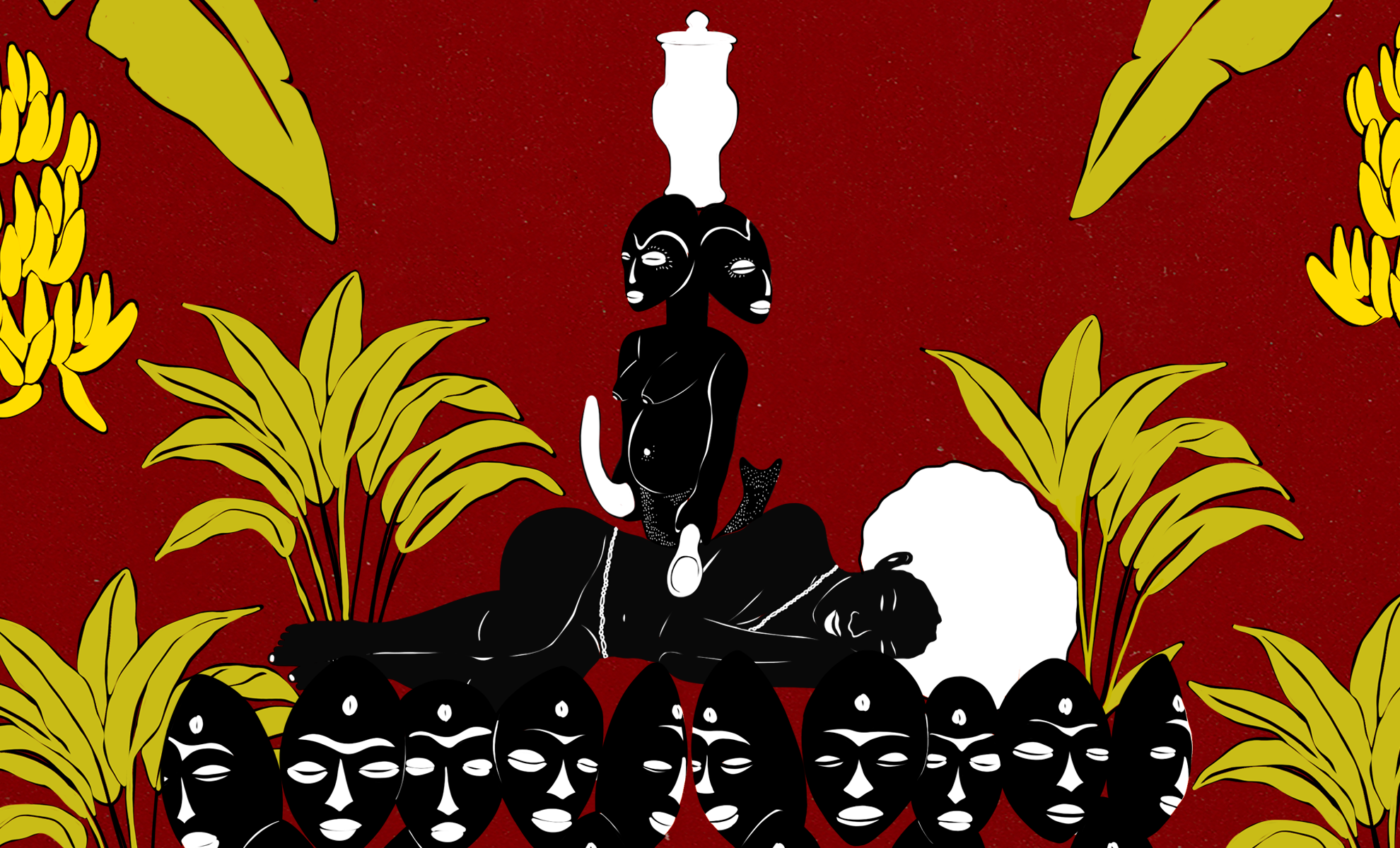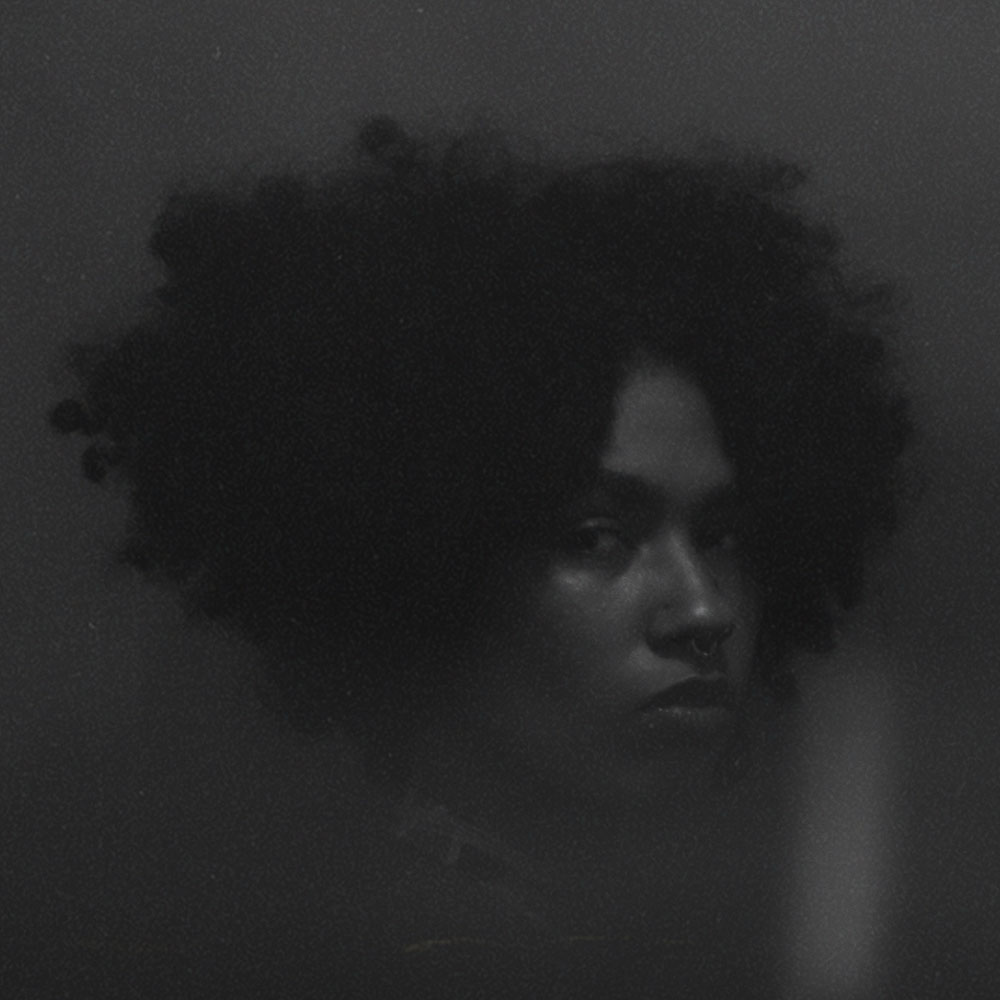Mayara Ferrão



Mayara Ferrão (1993, Salvador, Bahia) is a visual artist with a BFA from the Federal University of Bahia. Co-founder of the GANA creative studio and music label, founded in 2018 in the city of Salvador. Her process of multiple artistic experiments is chiefly represented by illustration (@verdadetropical) and photography, in addition to her work as a creative and audiovisual director. She appropriates video technology to imagine and construct Black narratives through video art, music videos, and documentaries. Her experience as a Black woman, her ancestry, signs, and elements of Afro-Brazilian culture are the main source of her inspiration and the basis of her research.
Gratitude is what kicks off Ferrão’s creative process for the illustrations she makes for the Ibirapitanga Collection: "I start this text by thanking all the entities and forces that guide my Ori, Adupé (thank you in Yoruba). I thank the Ibirapitanga Institute and the whole team immensely for the trust they extended by way of this invitation. I am grateful for the welcome, for the active listening, and for the political commitment in prioritizing such urgent issues. As a Black woman, artist and Bahian it gives me great satisfaction to be a part of the Institute's collection with my aesthetic and conceptual vision."
She then provides more details about the making of each illustration: "During the making of the illustrations for the May 2021 Ibirapitanga newsletter, which addressed how the fragile process of Abolition still reverberates in our bodies today, I meditated a lot, felt a lot, asked for divine guidance to understand the responsibility I had when illustrating this issue. I felt an intense pull to the sea during the process, even though I hadn't seen it for months due to the pandemic chaos.
I connected with the depths. With the abyss, the darkness, the cold, the void. All I could see was the night and a lot of water. I was seized by Atlantic thoughts. The restlessness of the passage, the restlessness of the bodies thrown into the sea, left to die. This tortuous path led me to the figure of Ologun. Sovereign. Queen of the oceans, keeper of the secrets of the abyss. I am a woman of faith. With an understanding of the importance of the sea for the foundation of Candomblé, I asked myself, “isn't this ocean that now drowns us the very sea that comforts us? I imagined Ologun receiving these souls and comforting them in her maternal bosom.
In the midst of lots of banzo and uncertainty, I anchor myself in faith, in the living ancestry that keeps us strong to this day, that enables me to be here writing to you. I wanted to represent Black bodies beyond the ocean of pain and revolt, beyond the colonial trauma, the void, beyond racism’s cleft in the heart, because I think it is also important to revere a place of hope within our Black narratives so that our issues don't get stuck in suffering forever. We are strength and resistance, but we want to dream too. We want to put our hands up to the sky in gratitude for good winds, not only in grief. I honor all those who came before me.
For the July 2021 newsletter, the month of the International Day of Black Latin American and Caribbean Women, the idea was to think about the paradox of the position of Black women: major leaders of social transformations, yet still subject to the intersection of multiple forms of violence.
This is a theme throughout my own path. As a Black woman, I reflect on how we are seen by society and where we are placed. I address this idea that we occupy the base of the social and economic pyramid. We are below everyone else, but we are the ones who sustain every stratus and layer. We are the fuel that put the gears in motion.
As Angela Davis used to say, "when the Black woman moves, the whole structure of society moves with her.” This image inspired me. I recalled my ancestors who built up this soil for us to plant ourselves, to flourish, and to develop. I wanted to represent this woman who, even in rest carries a burden in her body and mind. A burden that is not necessarily negative in its totality, but evidence of the spiritual, social, and political burden of being a Black woman.
The weight placed on our roots, our conscience, our strength, and wisdom. The weight of responsibility in orchestrating so many functions in a society that devalues our existence and our value. Plants that grow from this body, that nourish an entire ecosystem. They are roots planted in feminine and Black soil. It is an ode to feminine strength, the warrior within each of us."
